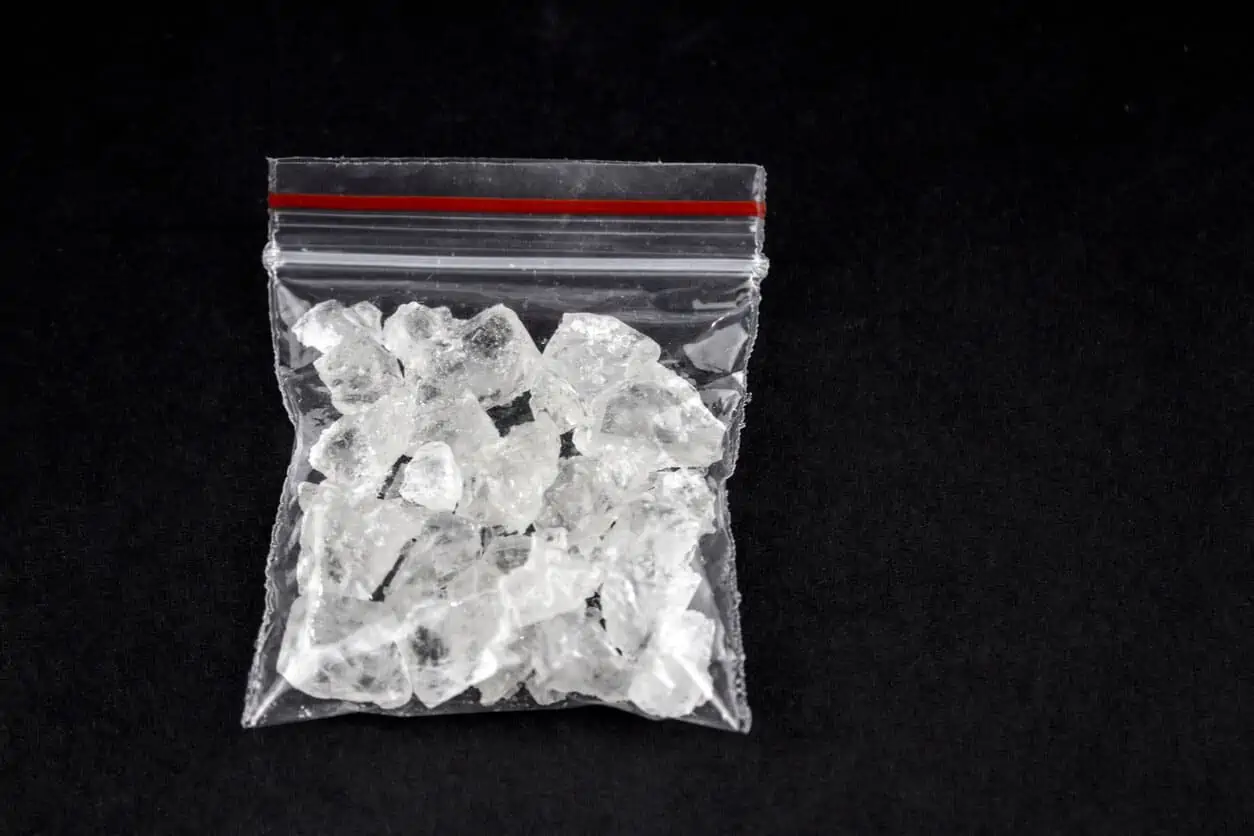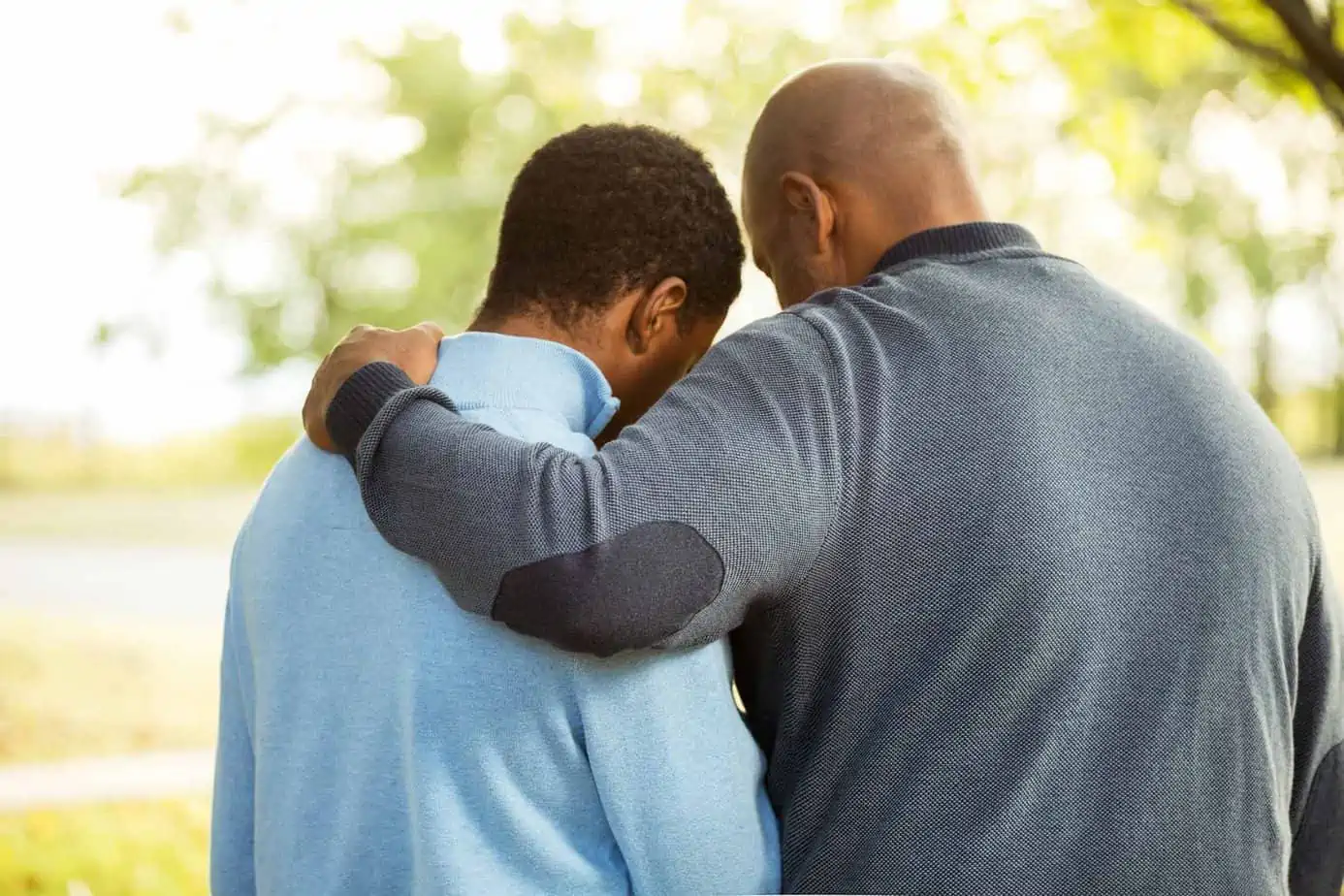1. It’s OK to protect yourself from trauma.
Sometimes, a sense of “family obligation” can make you feel as though you must act imminently to resolve certain issues. When a loved one is under the influence, it might be tempting to address your concerns with that person in the moment. Emotions are running high and you’ve got a lot to say. But stop and consider whether “now” is the right time. If you actually want to be heard, it probably isn’t. I’ve wasted a lot of energy talking to my Dad when he was too drunk to really hear what I was saying. We didn’t make any real progress until I revisited things with him when his head was clear.
In the moment, take a deep breath, make sure your loved ones are safe, and take a step back. Consider making some notes about how you are feeling and those notes will help you to convey the impact of your loved one’s drinking when everyone’s ready to talk. I’ve found that opening the conversation by letting my Dad know that “I love him and want him to be OK” is hardly ever met with anger. Give some thought to the approach that might work best for you.
2. It’s not your fault.
Children of alcoholics are especially prone to thinking they’ve somehow caused the stress that triggers a parent’s drinking. It’s much more complicated than that and while there are resources for folks struggling with addiction, you can’t force someone to get the help they need until they’re good and ready.
In the meantime, make sure you’re developing good coping mechanisms for your own mental health. Educate yourself and prepare yourself to lovingly engage your relative about your concerns. Consider participating in support groups for the loved ones of individuals struggling with addiction.
3. I’m not my Dad, and you aren’t your addicted loved one.
While the children of addicts can be predisposed addictive behavior, having a loved one who struggles with addiction doesn’t guarantee that you are, in fact, an addict yourself. Pay attention to your habits, your body, your mind, and your feelings. Monitor your responses to stress and anxiety, just like you’d monitor any other medical issue or condition.
In my 20s, I was totally against drinking strictly as a matter of principle- this was a direct result of what I’d gone through with my Dad. Eventually, I learned that it was possible to have a healthy, moderate relationship with alcohol (which can be something that is difficult to fathom when you’ve seen the ugly side of a loved one’s addiction). Again, everyone’s journey is different: I know children of alcoholics who live completely sober lifestyles as a matter of preference, and I know children of alcoholics who drink socially (but never around their addicted loved one).
Give some dedicated thought to finding the path that works for you.
4. Every situation is unique, but you are not alone.
According to the CDC, more than 15 million people struggle with an alcohol use disorder in the United States. That’s a lot of parents and loved ones. Build the “toolbox” of resources that you need to cope. Here at Mountainside, we offer a suite of Family Wellness resources and Family Support Groups at multiple locations. Additionally, you can search the nationwide database of Al-Anon Family Groups.
5. It may not seem like it right now, but things can get better.
My Dad has gotten off and on the “wagon” more times than I can count. Something that really helped me to see beyond his addiction was just making an effort to really get to know the guy. Asking questions about his life gave me insight to the cultural factors contributing to his drinking habits, as well as the trauma that led to his use of alcohol to “self-medicate.” Particularly for the children of immigrants, who have experienced reality in a completely different environment than their parents, these conversations can be invaluable.
Communication is the key to empathy. For me, it has been more productive to have regular, ongoing conversations than it ever was to let alcohol trigger sporadic outbursts followed by long silences. Now, my Dad and I have such mutual respect for one another and are stronger for making the effort.
If you or a loved one is struggling with addiction, Mountainside can help.
Click here or call (888) 833-4676 to speak with one of our addiction treatment experts.

 By
By 






